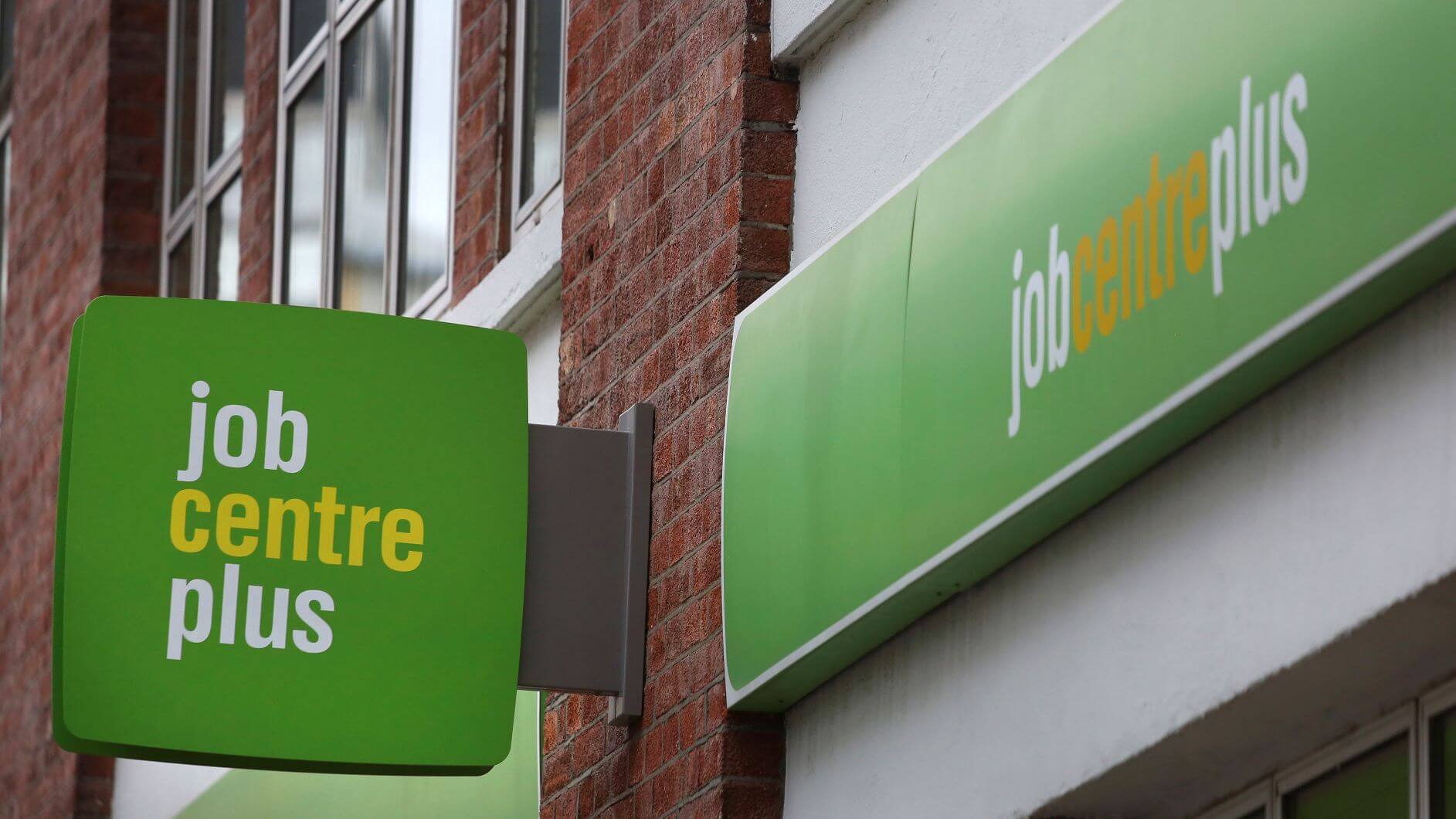Unemployment Remains At 45-year Low As Wage Growth Stalls
Average weekly earnings were 3.2% up in November, the same as earlier figures.

The number of people who are claiming unemployment benefit dropped by 7,000 to just below 1.31 million in the three months to November, according to new data.
It means that 3.8% of people who are looking for work do not have a job, largely unchanged on the previous quarter. However, the figure is 0.2 percentage points lower than a year earlier, according to numbers from the Office for National Statistics (ONS).
It means that unemployment is currently at its lowest level since December 1974.
The number of women who were unemployed fell by 9,000, while men were more likely to be unemployed, up by 2,000 from the last quarter, the ONS figures revealed. Around 729,000 men and 577,000 women were unemployed.
It came as the UK employment rate grew to its highest point on record, at 76.3%, 0.6 percentage points higher than a year earlier and up 0.5 on the previous quarter.
David Freeman, the head of labour markets and households at the statistics agency, said: “The employment rate is at a new record high, with over two-thirds of the growth in people in work in the last year coming from women working full-time.
“Self-employment has also been growing strongly, and the number of people working for themselves has now passed five million for the first time ever,” he added.

Meanwhile, the number of vacant jobs fell by 11,000 in the quarter, to 805,000. This is 49,000 fewer vacancies than the same period a year earlier.
The growth in average weekly earnings stalled, remaining unchanged at 3.2% in November, the same as figures from a month earlier. This increase includes bonuses. Without them, growth slowed to 3.4%, down from 3.5%.
“While pay growth has eased since last summer, with inflation remaining subdued, earnings are continuing to increase in real terms,” Mr Freeman said.
Earnings are still lower than in the run-up to the financial crisis, the ONS said. In real terms, average regular pay was £472 per week, which is £1, or 0.2%, less than in March 2008.
Wage growth was driven by increases in the construction sector, and among financial and business services employees.
August Graham is PA City Reporter.
Thanks for signing up to Minutehack alerts.
Brilliant editorials heading your way soon.
Okay, Thanks!

